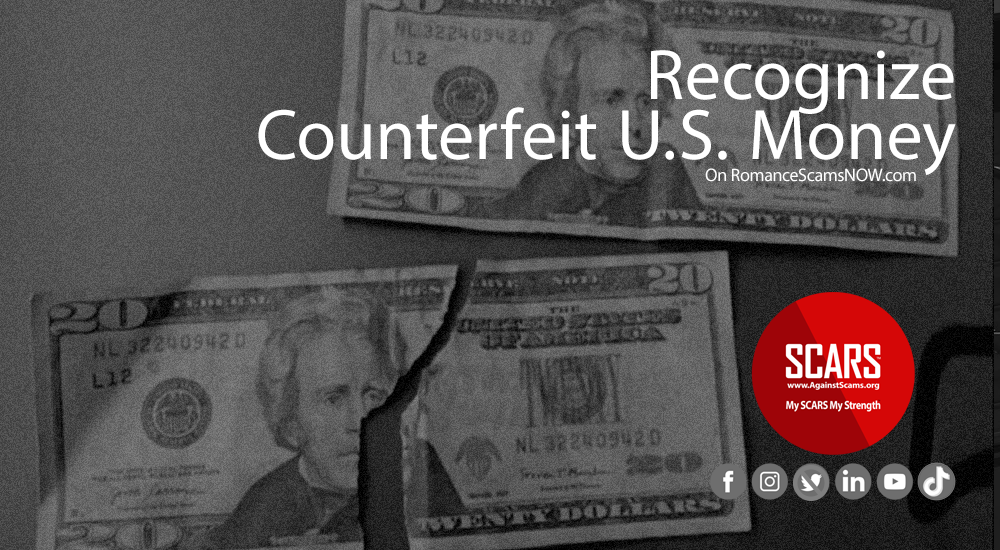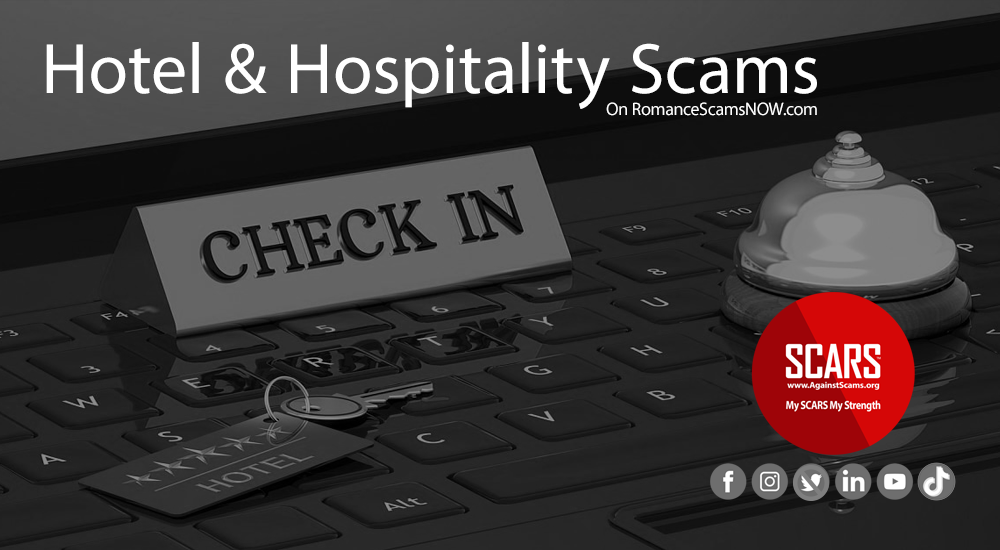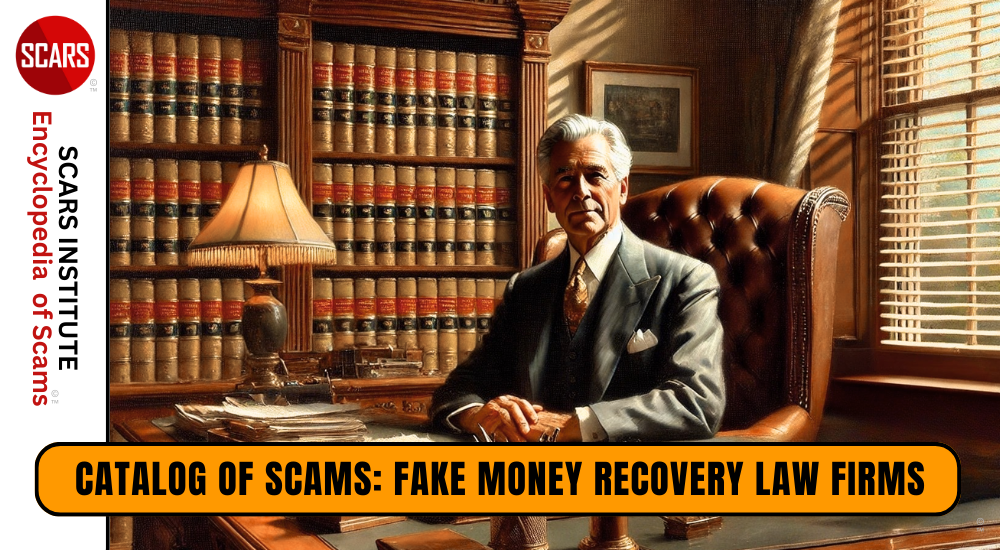
SCARS Institute’s Encyclopedia of Scams™ Published Continuously for 25 Years

Hotel & Hospitality Scams
A SCARS Scam Warning
Beware Of The Latest Hotel & Hospitality Industry Scams When You Travel
Planning To Travel And Stay In A Hotel Any Time Soon?
Beware of new hotel scams that are catching hundreds of thousands of victims right now!
Remember, keep your personal information protected since tourist and business travelers are often considered the easiest targets. Hotels provide scammers an easy path towards their goal of trying to separate a traveler from their cash.
Here Are The Most Common Hotel Scams To Be Aware Of:
Fake Website
When making online hotel reservations, make certain the website is legitimate. Scammers are famous for creating look-alike (spoofed) web pages to lure consumers into providing credit card information. Use Google to find the real website rather than typing it in from memory.
Fake Food Delivery
Make sure the menus left in the hotel room are authentic. Dining-in can feel like a tempting option, especially after a day of traveling or exploration, but you could end up ordering from a restaurant that doesn’t even exist.
Scammers will distribute fake menus to rooms with phone numbers that connect the caller to them instead of the hotel or a real business. They will collect the caller’s credit card information over the phone then never deliver food. Many hotels have a printed guide or directory, look in there for local restaurants, or again, use Google!
Before deciding to order out, do some research and make sure the business exists. Confirm with the front desk or consierge for restaurant recommendations.
Fake Front Desk Calls
Hotel guests may receive a late-night phone call from someone impersonating the front desk.
The caller asks for credit card information claiming there’s a problem with the credit card on file – they may say it was declined, they need to re-verify payment information, or that they lost all of the financial information and need to run an audit by a certain time.
The scammer will offer to take your credit card information over the phone so that you’re not inconvenienced. However, a real hotel staff member will never ask for your credit card information over the phone at odd hours of the night well after you’ve checked in and will always ask to settle up any charges at the front desk. A real hotel will allow you to pay at checkout. It is always best to go down to the front desk and ask,
When the person calls, ask them for their phone number so you can give it to the front desk to be blocked.
Always notify the hotel management of any calls of this nature.
“Free” Wi-Fi Connections
When staying at a hotel, free internet access is often touted as a benefit of being a guest, however, this also provides scammers an “in.” Wireless internet “skimming” targets travelers with the promise of free internet access. This usually appears in the common areas of the hotel. The connection is free to access but it’s not safe. Most of the time a hotel scam artist is controlling the connection through their computer, collecting all the data the traveler transmits – websites accessed, passwords used, card information, etc.
Always ask the front desk clerk for the correct wifi.
Before joining a network, make sure the Wi-Fi connection is secure and hosted through the hotel. Many secured connections require a two-step verification process. Instead, consider using your cellphone provider network after checking the data usage allowed or your provider’s hotspot if available.
Also, when you are ready to connect and see the wifi choices, call the front desk and ask for the correct wifi identity before connecting.
Checkout Scam
When checking into a hotel, the front desk always asks to give a form of payment to keep on file, such as a credit or debit card, for incidentals. However, at checkout guests can decide to pay with another method, such as cash.
No matter what payment method is used, get a receipt – usually, most hotels will slide a copy under your room door – but if they don’t ask for it. This provides a record of all charges during the stay so if the payment changes from credit to cash, you can dispute any charges to the credit card on file if that should happen and have the receipt to prove it.
The best way to prevent being scammed at checkout is to use the form of payment that you put on file when checking in. Consider using a credit card versus a debit card. If your number is compromised, using your debit card provides access to the checking account and a potentially challenging situation in correcting the situation with the bank. Another solution for many bank users is to turn off your card after making each transaction – fake charges will happen randomly, and criminals will abandon a card if it fails – plus this alerts your bank to possible fraudulent transactions.
USB Charger Scam
Some hotels provide USB charging ports in the room. Check them before you use them. Make sure they are permanent devices or ports, and not temporary chargers.
Temporary or plug-in chargers can gain access to your phone or device through the USB port. They can install malware or key-loggers to obtain your information without you knowing.
It is always better to use your own chargers when traveling. If you do not have the right adaptor plug call the front desk.
TAGS: SCARS, Information About Scams, Anti-Scam, Scams, Scammers, Fraudsters, Cybercrime, Crybercriminals, Romance Scams, Scam Victims, Online Fraud, Online Crime Is Real Crime, Scam Avoidance, Married Scam Victims, Internet Infidelity, Scam Victim Divorce
PLEASE SHARE OUR ARTICLES WITH YOUR FRIENDS & FAMILY
HELP OTHERS STAY SAFE ONLINE – YOUR KNOWLEDGE CAN MAKE THE DIFFERENCE!
THE NEXT VICTIM MIGHT BE YOUR OWN FAMILY MEMBER OR BEST FRIEND!
By the SCARS™ Editorial Team
Society of Citizens Against Relationship Scams Inc.
A Worldwide Crime Victims Assistance & Crime Prevention Nonprofit Organization Headquartered In Miami Florida USA & Monterrey NL Mexico, with Partners In More Than 60 Countries
To Learn More, Volunteer, or Donate Visit: www.AgainstScams.org
Contact Us: Contact@AgainstScams.org
-/ 30 /-
What do you think about this?
Please share your thoughts in a comment below!
Table of Contents
LEAVE A COMMENT?
Recent Comments
On Other Articles
- Arwyn Lautenschlager on Love Bombing And How Romance Scam Victims Are Forced To Feel: “I was love bombed to the point that I would do just about anything for the scammer(s). I was told…” Feb 11, 14:24
- on Dani Daniels (Kira Lee Orsag): Another Scammer’s Favorite: “You provide a valuable service! I wish more people knew about it!” Feb 10, 15:05
- on Danielle Delaunay/Danielle Genevieve – Stolen Identity/Stolen Photos – Impersonation Victim UPDATED 2024: “We highly recommend that you simply turn away form the scam and scammers, and focus on the development of a…” Feb 4, 19:47
- on The Art Of Deception: The Fundamental Principals Of Successful Deceptions – 2024: “I experienced many of the deceptive tactics that romance scammers use. I was told various stories of hardship and why…” Feb 4, 15:27
- on Danielle Delaunay/Danielle Genevieve – Stolen Identity/Stolen Photos – Impersonation Victim UPDATED 2024: “Yes, I’m in that exact situation also. “Danielle” has seriously scammed me for 3 years now. “She” (he) doesn’t know…” Feb 4, 14:58
- on An Essay on Justice and Money Recovery – 2026: “you are so right I accidentally clicked on online justice I signed an agreement for 12k upfront but cd only…” Feb 3, 08:16
- on The SCARS Institute Top 50 Celebrity Impersonation Scams – 2025: “Quora has had visits from scammers pretending to be Keanu Reeves and Paul McCartney in 2025 and 2026.” Jan 27, 17:45
- on Scam Victims Should Limit Their Exposure To Scam News & Scammer Photos: “I used to look at scammers photos all the time; however, I don’t feel the need to do it anymore.…” Jan 26, 23:19
- on After A Scam, No One Can Tell You How You Will React: “This article was very informative, my scams happened 5 years ago; however, l do remember several of those emotions and/or…” Jan 23, 17:17
- on Situational Awareness and How Trauma Makes Scam Victims Less Safe – 2024: “I need to be more observant and I am practicing situational awareness. I’m saving this article to remind me of…” Jan 21, 22:55
ARTICLE META
Important Information for New Scam Victims
- Please visit www.ScamVictimsSupport.org – a SCARS Website for New Scam Victims & Sextortion Victims
- Enroll in FREE SCARS Scam Survivor’s School now at www.SCARSeducation.org
- Please visit www.ScamPsychology.org – to more fully understand the psychological concepts involved in scams and scam victim recovery
If you are looking for local trauma counselors please visit counseling.AgainstScams.org or join SCARS for our counseling/therapy benefit: membership.AgainstScams.org
If you need to speak with someone now, you can dial 988 or find phone numbers for crisis hotlines all around the world here: www.opencounseling.com/suicide-hotlines
A Note About Labeling!
We often use the term ‘scam victim’ in our articles, but this is a convenience to help those searching for information in search engines like Google. It is just a convenience and has no deeper meaning. If you have come through such an experience, YOU are a Survivor! It was not your fault. You are not alone! Axios!
A Question of Trust
At the SCARS Institute, we invite you to do your own research on the topics we speak about and publish, Our team investigates the subject being discussed, especially when it comes to understanding the scam victims-survivors experience. You can do Google searches but in many cases, you will have to wade through scientific papers and studies. However, remember that biases and perspectives matter and influence the outcome. Regardless, we encourage you to explore these topics as thoroughly as you can for your own awareness.
Statement About Victim Blaming
SCARS Institute articles examine different aspects of the scam victim experience, as well as those who may have been secondary victims. This work focuses on understanding victimization through the science of victimology, including common psychological and behavioral responses. The purpose is to help victims and survivors understand why these crimes occurred, reduce shame and self-blame, strengthen recovery programs and victim opportunities, and lower the risk of future victimization.
At times, these discussions may sound uncomfortable, overwhelming, or may be mistaken for blame. They are not. Scam victims are never blamed. Our goal is to explain the mechanisms of deception and the human responses that scammers exploit, and the processes that occur after the scam ends, so victims can better understand what happened to them and why it felt convincing at the time, and what the path looks like going forward.
Articles that address the psychology, neurology, physiology, and other characteristics of scams and the victim experience recognize that all people share cognitive and emotional traits that can be manipulated under the right conditions. These characteristics are not flaws. They are normal human functions that criminals deliberately exploit. Victims typically have little awareness of these mechanisms while a scam is unfolding and a very limited ability to control them. Awareness often comes only after the harm has occurred.
By explaining these processes, these articles help victims make sense of their experiences, understand common post-scam reactions, and identify ways to protect themselves moving forward. This knowledge supports recovery by replacing confusion and self-blame with clarity, context, and self-compassion.
Additional educational material on these topics is available at ScamPsychology.org – ScamsNOW.com and other SCARS Institute websites.
Psychology Disclaimer:
All articles about psychology and the human brain on this website are for information & education only
The information provided in this article is intended for educational and self-help purposes only and should not be construed as a substitute for professional therapy or counseling.
While any self-help techniques outlined herein may be beneficial for scam victims seeking to recover from their experience and move towards recovery, it is important to consult with a qualified mental health professional before initiating any course of action. Each individual’s experience and needs are unique, and what works for one person may not be suitable for another.
Additionally, any approach may not be appropriate for individuals with certain pre-existing mental health conditions or trauma histories. It is advisable to seek guidance from a licensed therapist or counselor who can provide personalized support, guidance, and treatment tailored to your specific needs.
If you are experiencing significant distress or emotional difficulties related to a scam or other traumatic event, please consult your doctor or mental health provider for appropriate care and support.
Also read our SCARS Institute Statement about Professional Care for Scam Victims – click here to go to our ScamsNOW.com website.

















Thank you for your comment. You may receive an email to follow up. We never share your data with marketers.